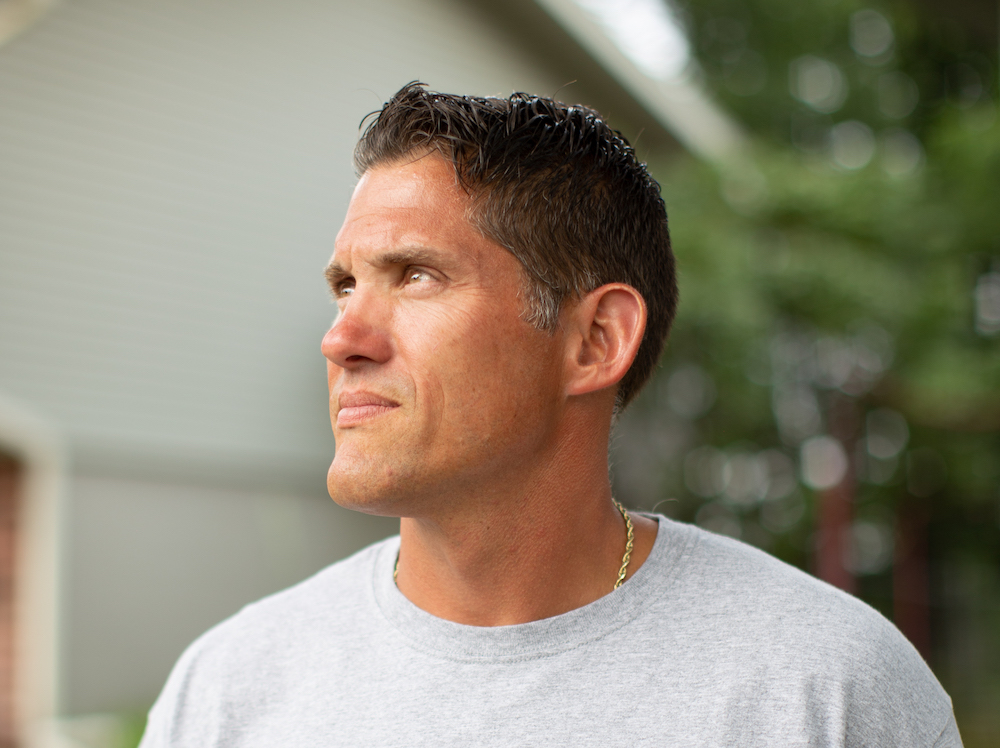Daniel Lynn Brown is a family man. He has a good job that he’s proud of and works hard at. Together with his wife, he cares for four children at their home in Omaha. He has ambitions for the future, and he states them proudly.
But he’s 14 months into a 10-year term on federal supervised release, and the current system makes it hard for him to succeed.
If Daniel wants to take his family to their lake cabin, go away with his wife to celebrate their wedding anniversary in November, or take a more rewarding job in a different town, he still needs to get permission.
“I’m doing everything I’m supposed to do,” Daniel says. “Since being released, I’ve gotten married, I’ve held a job, successfully rose all the way to the top of the job that I have now. I’ve been ordained as a minister. I go to work every day. I pay my bills. I take care of my family. I’m still tethered to the system.”
Daniel is one of 120,000+ people in the U.S. living on Federal Supervised Release. Though he has big plans for his family and his career, when Daniel was first placed on supervision he felt like opportunities stood out of reach.
“Even being a father and providing for my kids, I can’t just pick up and move. I’ve got job offers in other states, Louisiana for one. It was really my dream job. However, I wouldn’t even bring it to my supervised release agent because I didn’t want to hear the no.”
Federal supervision shouldn’t hold a father back from pursuing a career and providing for his family. But despite the barriers he has faced, Daniel isn’t afraid to share his story with friends, family, and anyone willing to listen. That’s why he wears a shirt bearing one of his biggest goals for the future.
“My wife’s mother made this shirt for me because I shared my story with her. I said, ‘This is what I want to advocate for—criminal justice reform.’ I want to advocate for those that are left behind. I want to go to the White House and I want to share my story.”
Daniel believes Federal Supervision is wasting resources and should shift its focus to individuals who need more support: “I don’t need to be on supervision for 10 years. Instead, give extra care to others who need it. Those resources should be redirected to help guys that need more help.”
We agree. Supervision should help people become productive citizens and their best selves—not hold them back from success.
Join us to help REFORM this system and help thousands of Americans like Daniel.
